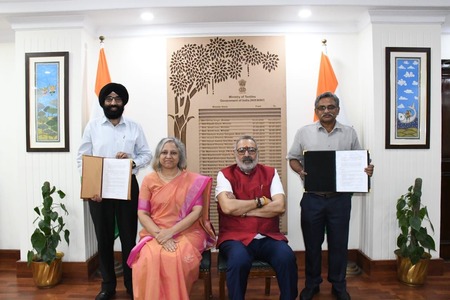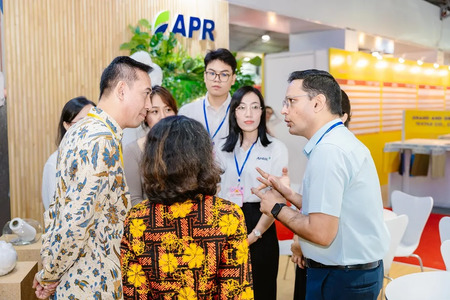Students of IIT-KGP to show spider silk project at MIT
YarnsandFibers News Bureau 2016-09-19 17:00:00 – KharagpurA group of 15 students of Indian Institute of Technology at Kharagpur (IIT-KGP) from the biotechnology department has been invited at MIT where they would participate in the International Genetically Engineered Machine (iGEM), the world’s biggest competition at Boston in the United States to showcase their unique genetic engineering skills to extract spider silk in a quicker and more economical way.
iGEM is the most prestigious competition in the emerging field of genetic engineering and synthetic biology. It is conducted by the iGEM Foundation and was initiated by the MIT in 2004.
The competition encourages student researchers to conceive and implement a novel idea to solve real world challenges by building genetically engineered biological systems. Students collaboratively identify a problem, formulate a solution, design the experiments and develop an implementable technology which may even result in a patent, seed a potential start-up and generate a novel technology transfer to industry, said Rhushikesh Phadke, fourth-year biotechnolgy student at the IIT and the team leader for the competition. This will be the second time that IIT-KGP will be participating in this competition.
Due to its high tensile strength and elasticity, spider silk has potential applications as a biomaterial. Since it is biocompatible and biodegradable, it is also useful in medical and pharmaceutical industries. Recent research suggests that spider silk can also be used to grow cells as silk promotes more cell growth rather than controlling it.
The method devised by them will not only ensure good quality silk but the time taken will also be less and the whole process would be cost effective too, said Pravina Yadav, a third-year student of biotechnology at the IIT and another member of the team.
However, implementing these undertakings at industrial level requires high inputs of spider silk. Spiders, being cannibalistic and venomous, make the silk extraction process rather difficult… our team aimed at developing a continuous set-up for the production of spider silk using genetically engineered bacteria, said Chetan Khandelwal, a fourth-year biotechinolgy student at the IIT and another member of the team.
The team members have set their hands to represent their institute at an international stage with a specifically designed genetically engineered bacteria aimed at synthesizing recombinant spider silk protein(MaSp2) and producing it extracellularly, after in succession to their prior attempt focussed at detecting food spoilage using bacterial quorum sensing. The genetically engineered bacteria could sense the concentration of other food spoiling bacteria in eatables and manifest this through a colour pigment.
IISc Bangalore, IIT Madras, IIT Delhi, SRM Chennai and Sri Venkateswara College of Engineering (SVCE) Chennai are other participants from India.
The event is hosted by the Massachusetts Institute of Technology (MIT). The competition is to be held between October 27 and 31.
Market Intelligence
Ask for free sample Report

experience
Customer Base
dedicated team
Countries Served Worldwide









